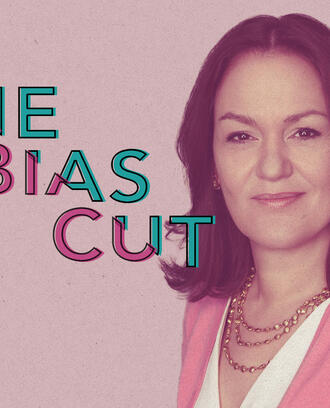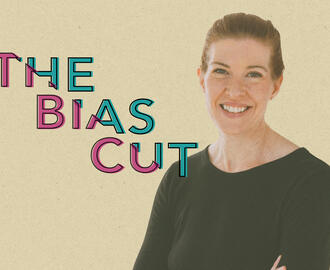Ideas Made to Matter
This exec sees interest in ESG tipping scales for women in tech
By
A 2021 women’s leadership study from LeanIn.org and McKinsey & Co. found that American women held 41% of corporate management positions, and women continue to fight underrepresentation when it comes to board positions and CEO roles. They also face gender bias, harassment, and opposition to their management styles.
Here’s how one MIT alumna has pushed back on those statistics and used what she’s learned along the way to help those behind her.
Julie Johnson, SM ’90, vice president and general manager, mobile computing business unit, Zebra Technologies
In what ways is your professional life as a woman in the workplace different from how you imagined it would be when you started your career?
I didn’t realize how much of my life would be centered around my professional life. I didn't realize how much passion and sense of responsibility for performing and making my business better would encompass so many hours during the week — whether evenings, weekends, and even some sleepless nights.
Who was an ally or mentor for you as you’ve navigated your career? What made that person stand out, and how specifically did they help you get to the next level of your professional development?
I was fortunate to work for a spectacular woman, Janiece Webb, during my time at Motorola who frequently gave me career advice as both her employee and as a fellow female. She specifically told me to stick to my guns whenever I feel convinced about a certain topic or issue; to stay strong and forthright even when other strong “Type A” personality types may disagree with me. She taught me to be confident in your intelligence and gut, be intentional, ask questions, keep learning, keep moving, stick up for yourself, be authentic to yourself, and make sure you don’t take yourself too seriously.
Certain industries are as male-dominated as ever. Where do you see progress in your own professional experience and how can we scale that throughout your industry?
Unfortunately, I don't see much of a difference in the number of women in technology-based roles since I started working in the 1990s. However, I do see a difference in the boardrooms. Thanks to many of the institutional investment companies and the state of California, most boardrooms now have at least two female board members, and institutional investors' interest in environmental, social, and governance is driving more discussion around diversity metrics and even aligning them to performance goals. I truly believe that these changes can eventually improve the diversity metrics and finally change the mix in technology roles.
How do you support women coming up behind you?
I am currently a co-executive sponsor for the Society of Women Engineers at my company. My role is to help foster a stronger feeling of community for our female technologists, as well as help them learn about how new technologies are able to support new market opportunities and impact the businesses we play in today. I also ensure that my business has specific metrics and goals around increasing our organization's diversity population as well as driving diversity awareness.
What is the most difficult lesson you’ve learned in your professional life? In what unexpected ways did you grow from it?
I really believe in knowing and understanding the “how” and “why” behind facts and details. Memorization isn’t enough. It may take time and effort to really understand the issues, but better decisions are made when you grasp the how and why something happens or works the way it does.
How we engage with customers and coworkers, regardless of their level or job function, influences our success as individuals, teams, and as a company. If you take the time to understand what is important to each person and ensure he or she understands what’s important to you, it is much easier to effectively relay messages and achieve mutually desired outcomes.
I also believe in being authentic to who you are. People may try to coach you to change behaviors, style, or your decision-making process, but I feel you have to be comfortable within yourself, go with your gut (after evaluating the data), and act in the way that feels most natural to you.
Finally: Work hard, know your facts, and keep asking questions until there are no more to ask.
Read next: What these 9 female leaders learned from their allies



